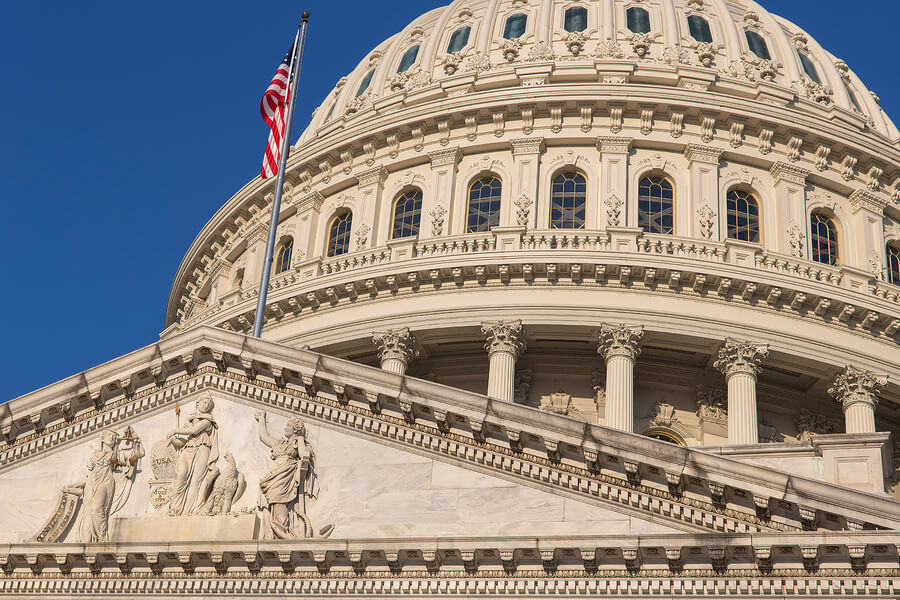Once the calendar has turned to May, the parade notices, Jones Beach Air Show announcements and retail sales ads begin, ramping up until the last weekend of the month, which you likely think of as Memorial Day.
For me, this last weekend will always be Decoration Day. My own Boomer memories include family trips to the Catskills, and I’m sure you have your own summer memories of parades, barbeques, and picnics. But Decoration Day has a history deserving of time and contemplation.
Decoration Day began in 1868 when General John A. Logan called for a holiday to honor the soldiers who died in the Civil War. On the first Decoration Day, 5,000 people helped decorate the graves of the over 20,000 soldiers buried in Arlington National Cemetery – both Union and Confederate soldiers.
Similar ceremonies inspired the event in cities around the country. Soldiers would decorate the graves of fallen comrades with flags, wreaths, and flowers. By 1890, every Union state had a Decoration Day.
After World War I, the purpose of Decoration Day expanded to honor all soldiers who died in all American wars. It was considered a day of civic duty to honor the dead and remember why they gave their lives.
In 1971, Congress declared a national holiday on the last Monday in May.
Some civic groups and veterans’ groups continue to honor our servicemen and women by taking the time to attend ceremonies and decorate the graves of soldiers. Here on Long Island, we have two large military cemeteries – Long Island National Cemetery in Farmingdale and Calverton National Cemetery.
As the years and wars have come and gone, Decoration Day became Memorial Day. Unlike Veterans Day, which honors all who serve, the traditions of Memorial Day honor those who gave their lives in service to our nation.
I post about this every May because I believe it is important to honor those Americans who gave their lives in service to our great nation. Remembering and honoring their lives and the sacrifices they made should be part of all of our Memorial Day activities.







